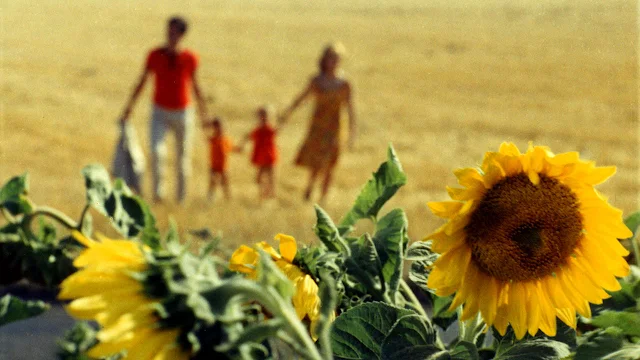 |
| Michel Terrazon and Marie Marc in L'Enfance Nue |
L'Enfance Nue is as straightforward and unadorned a portrait of a dysfunctional childhood as you're likely to see, with no special pleading, no excuses or indictments. Young François (Michel Terrazon) does some bad things: He kills a cat (though he first tries to nurse the wounded animal), he steals compulsively, and he helps cause a serious automobile accident. But we also see that he's capable of affection, especially to the aged Meme (Marie Marc) in the second foster family to which he's posted. (Even then, he swipes money from the coin purse under her pillow.) Yet there's no attempt on the part of director Maurice Pialat to sentimentalize him, or even to manipulate our sympathies toward him as openly as François Truffaut does with the boy Antoine Doinel in The 400 Blows (1959). (Truffaut was one of the producers of L'Enfance Nue.) The title means, of course, "naked childhood," which is also the title under which it was sometimes released in English-speaking countries, and the nakedness consists of a steady realism, a documentary approach to telling François's story. There are moments of warmth in Pialat's film, such as a wedding party scene, but the general effect of L'Enfance Nue is a clear-eyed directness, as unsparing to the audience as it is to the characters.
